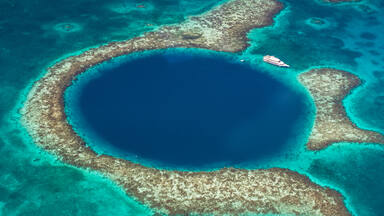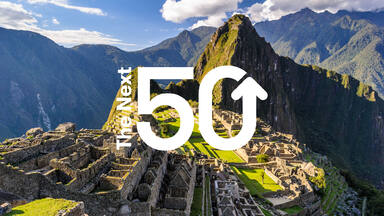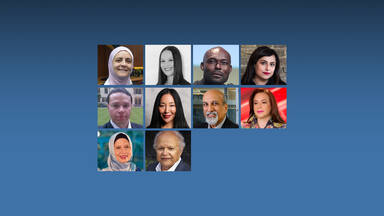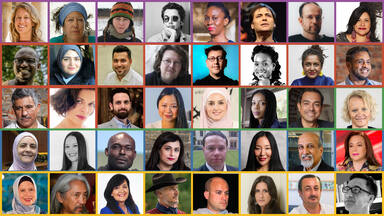If you look at indigenous people from around the world, it is clear that the COVID-19 pandemic became and still is an existential threat to these communities. Not only to their health and livelihoods but also to their life-supporting ecosystems, their traditional knowledge and their cultural heritage. Heritage is not only about built heritage but about knowledge systems, the community and about collective cultural legacies. Indigenous peoples had the highest COVID mortality rates. In the United States, for example, the highest numbers correspond to First Nations people, African Americans and the Latino community. This is due to access to vaccines and healthcare but also a reluctance to be vaccinated. What we have witnessed is that transactional inequalities are key to understanding the pandemic variables. Poverty, exclusion, racism and sexism translate into higher vulnerability and mortality. This was the lesson we learned with COVID-19.
Indigenous communities were already impacted by pre-existing marginalization, structural inequalities and systemic racism, but what we see is that government measures came too late or were insufficient to tackle the socio-economic consequences of the pandemic.
On biodiversity, I think the depletion of biodiversity and ongoing destruction of ecosystems is a pre-COVID structural situation, which was magnified with the pandemic.
We know that indigenous peoples living remotely, or even voluntarily in isolation, have suffered the most. As an epidemiologist, Salim, you know of the lack of immunity of many to infectious diseases of so called ‘West’. In the Amazon region, where I come from, it is estimated that up to 78 indigenous communities live in isolation. Together with the encroachment of their lands by illegal loggers and mining this boosted contagion threats to these communities. Culture is thus very connected by adversity, and indigenous people's lifestyles were very disrupted by the pandemic. Indigenous people's cultures and lifestyles are the foundation of their resilience and social cohesion, and suddenly, with COVID-19, they were prohibited to gather, mark special events, harvest, partake in coming-of-age ceremonies and other community activities. These aspects undermined and disrupted their local culture.
If we speak about heritage, built and intangible heritage, from the Amazon to Siberia, the loss of elders due to COVID-19 was profoundly painful given their wisdom and status as cultural knowledge and language bearers. Unfortunately the pandemic killed many tribal elders in the Peruvian Amazon, in Russian Siberia and in the Australian Outback. Some of them were last speakers of endangered indigenous languages.
The general assessment is not promising, but what was promising was the creative manner in which indigenous communities organized themselves. Women played a very important role in food supply systems and solidarity mechanisms to access Western medicine, but also in fostering traditional medicine. For example, the eight countries of the Confederation of Indigenous Organizations of the Amazon River Basin (COICA) got together to gather data and to exchange good practices. They created their own transboundary programme to protect themselves and to learn from each other.
So this is the spark of hope we have learned in this pandemic, as well as the connectedness of culture, heritage, indigenous collective rights and inequalities. In this regard, how can knowledge, traditions, structures of communities be better used to respond to these global crises, not only pandemics but also climate?



